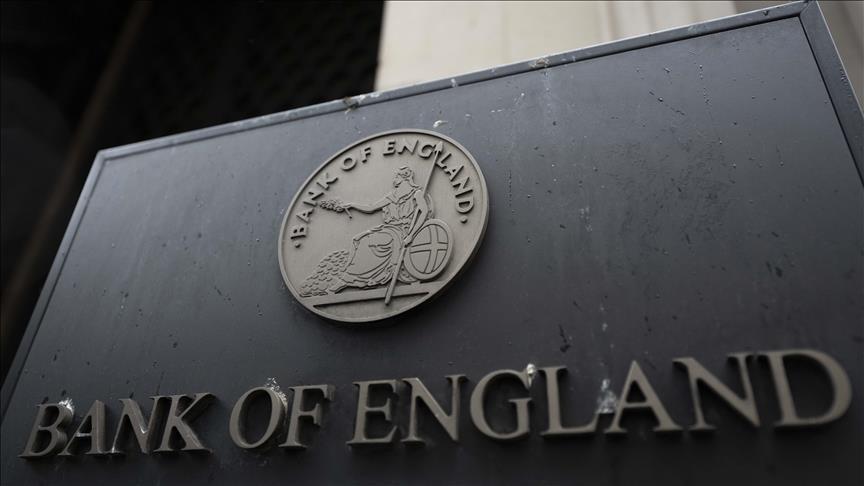The Bank of England is closely monitoring the escalating crisis in the Middle East, amid growing fears that a worsening conflict between Iran and Israel could severely disrupt global oil supplies and trigger a 1970s-style energy shock.
In an interview with the Guardian, Andrew Bailey, the Bank's governor, warned that while the central bank remains vigilant, there are limits to what can be done to stabilize oil prices if the situation deteriorates further.
He highlighted the fragility of the global economy in the face of geopolitical turmoil, which has already seen oil prices rise by 3% following an Israeli invasion of southern Lebanon and a retaliatory ballistic missile attack by Iran.
Market concerns are mounting over the potential for the conflict to escalate and disrupt crude supplies from the region, a key source of global energy.
'Geopolitical concerns are very serious,' Bailey said. 'It’s tragic what’s going on. There are obviously stresses, and the real issue then is how they might interact with some still quite stretched markets in places.'
Bailey noted that the past year, since the Hamas attack on Israel, has not seen a sharp spike in oil prices, which has been a relief for monetary policymakers.
'From the point of view of monetary policy, it’s a big help we haven’t had to deal with a big increase in the oil price. But obviously we’ve had that experience in the past, and in the 1970s, the oil price was a big part of the story,' Bailey said, referring to the dramatic rise in oil prices during that decade, which caused significant economic disruption.
He acknowledged, however, that the situation remains volatile. 'We watch it extremely closely to see the impact of the latest news.
'My sense from all the conversations I have with counterparts in the region is that, for the moment, there is a strong commitment to keep the market stable. But there’s also recognition that there’s a point beyond which that control could break down if things got really bad.'
Bailey also emphasized that the UK economy has proven more resilient than many had feared in the wake of recent global shocks. 'I think the economy has come through the shocks of the last five years better than many of us feared. So there’s a base there to develop,' he added.
In a separate remark, Bailey responded to criticism made by former Prime Minister Liz Truss, who had accused the Bank of England of being part of a 'deep state' that thwarted her economic plans.
Truss’ short-lived tenure was marked by controversial fiscal policies that rattled financial markets. Bailey dismissed the accusations, attributing Truss’ downfall to her own decisions.
'Truss’s problems were of her own making,' the governor said, hitting back at claims that the Bank had interfered with her agenda.
By Aysu Bicer in London
Anadolu Agency
energy@aa.com.tr


